by Akira Tsuda (Editor), Peter Gehr (Editor)
Nanoparticles have a physical dimension comparable to the size of molecular structures on the cell surface. Therefore, nanoparticles, compared to larger (e.g., micrometer) particles, are considered to behave differently when they interact with cells.
Nanoparticles in the Lung: Environmental Exposure and Drug Delivery provides a better understanding of how inhaled nanoparticles behave in the human lungs and body. Featuring contributions from renowned subject-matter experts, this authoritative text describes the sequence of events that nanoparticles encounter in the lungs when moving from the air into the bloodstream. This includes deposition, interactions with the alveolar surface and epithelium, translocation across the air–blood tissue barrier, and accumulation in the body.
In addition, the book addresses practical considerations for drug delivery to the respiratory tract, drug and gene delivery in the lungs, and bio-nanocapsules. It considers the physicochemical, colloidal, and transport properties of nanoparticles, and presents cutting-edge research on special issues such as dosimetry for in vitro nanotoxicology, nanoparticle deposition in the developing lungs, and the potential for nose-to-brain delivery of drugs.
Nanoparticles in the Lung: Environmental Exposure and Drug Delivery offers the most updated and comprehensive knowledge of the risks and benefits associated with nanoparticle inhalation—to protect humans from any harmful effects and to explore the utility of nanoparticles as drug delivery carriers.
Product Details
- ISBN-13: 9781439892794
- Publisher: Taylor & Francis
- Publication date: 1/8/2015
- Pages: 403


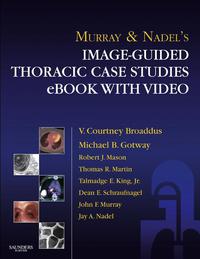

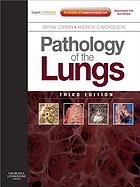
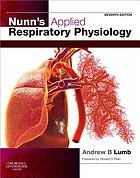
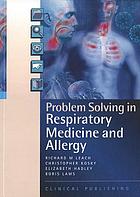
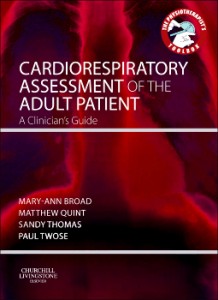
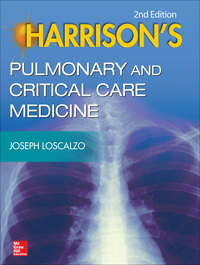

Reviews
There are no reviews yet.